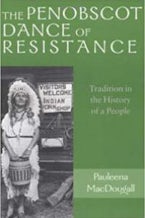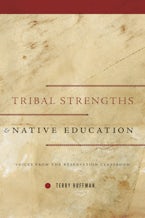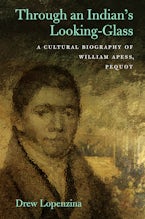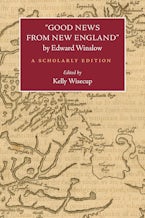- Home
- Revisiting New England
- The Penobscot Dance of Resistance

The Penobscot Dance of Resistance
Tradition in the History of a People
Published by: University of New Hampshire Press
Series: Revisiting New England
264 Pages, 6.00 x 9.00 x 0.90 in
Other Retailers:
Although historians predicted the demise of the Penobscot Indians early in the nineteenth century, the tribe is thriving at the opening of the twenty-first century. Having by the early 1800s been rendered all but invisible to the dominant culture, the Penobscots, by selectively adapting to changing circumstances, won back land and visibility. The vital importance of employing elements of cultural resistance as a survival mechanism has, until now, been underestimated. In a larger context,Dance of Resistance demonstrates how an examination of the history of one Indian nation provides a window on the complex interaction of cultural systems in America.
MacDougall demonstrates that Penobscot legend, linguistics, dance, and oral tradition became foundations of resistance against assimilation into the dominant culture. She thoughtfully and accessibly reconstructs from published, archival, and oral sources the tribe's metaphorical and triumphant Dance of Resistance—founded on spiritual power, reverence for homeland, and commitment to self-determination—from colonial times to the present. A decade of political activism culminated in the precedent-setting 1980 Maine Indian Land Claims settlement. Today the Penobscots run small industries, manage their natural resources, and provide health services, K through 8 education, and social services to the poor and elderly of their community.
MacDougall demonstrates that Penobscot legend, linguistics, dance, and oral tradition became foundations of resistance against assimilation into the dominant culture. She thoughtfully and accessibly reconstructs from published, archival, and oral sources the tribe's metaphorical and triumphant Dance of Resistance—founded on spiritual power, reverence for homeland, and commitment to self-determination—from colonial times to the present. A decade of political activism culminated in the precedent-setting 1980 Maine Indian Land Claims settlement. Today the Penobscots run small industries, manage their natural resources, and provide health services, K through 8 education, and social services to the poor and elderly of their community.
PAULEENA MACDOUGALL, Associate Director of the Maine Folklife Center (MFC), received her Ph.D. in American history from the University of Maine in 1995. She has worked for MFC since 1989 and is also faculty associate at the University of Maine in Anthropology, where she teaches courses in linguistics and Native American folklore. Since 1979, MacDougall has published numerous papers on the Penobscot Indian language, culture, and history. She is editor of Northeast Folklore and is currently writing a biography of Maine folklorist and historian Fannie Hardy Eckstorm.
"MacDougall's account successfully combines her documentary and field research... Recommended."—CHOICE
"For Native communities who share similar convictions, this book is a worthwhile read. This book is an informative lesson about the history of a strong tribe."—Cherokee One Feather











